I’m not a bartender. Last spring, I would have looked with wide eyes and disbelief upon anyone who told me I’d be spending so much time in a bar—especially as the person behind it.
I am, however, an observer of place. The idea of place is something deeply felt, and like a meter or a gauge, I was immediately drawn to Bread Bar and the town in which it resides. It wasn’t just me: three others forged an easy attachment to Silver Plume, Colorado—Casey Berry, Steve Fenberg and Rob DuRay.
We discovered Silver Plume in our own ways. I remember the first time I saw a picture of the bar—at the time, it was DRAM Apothecary—I had to look up the location, a tiny blip on a map of the I-70 corridor only 45 minutes from Denver. When I visited for the first time, it was for a plant foraging class run by DRAM Apothecary owner, Shae Whitney.
Silver Plume is a sleepy whistle-stop and pleasantly eerie. It’s a place where you creep down the roads slowly, out of some inexplicable, quiet respect for forgotten things. It is also magical—spirited with a tangible sense of history, rows of Western shop facades on Main Street, tidy Victorian houses interrupted by structures from original settlers that have fallen into disrepair—a living ghost town. At its height, the Lebanon Silver Mine brought a sweep of 2,000 miners and residents when it was first bored in the 1870s. In turn, the fortune of Silver Plume and its people fluctuated with the price of silver. As ore mining dwindled, the population mirrored its decline—in the 1960s, there were only 82 remaining residents. Today, about 150 people reside in the tiny town in the Clear Creek Valley.
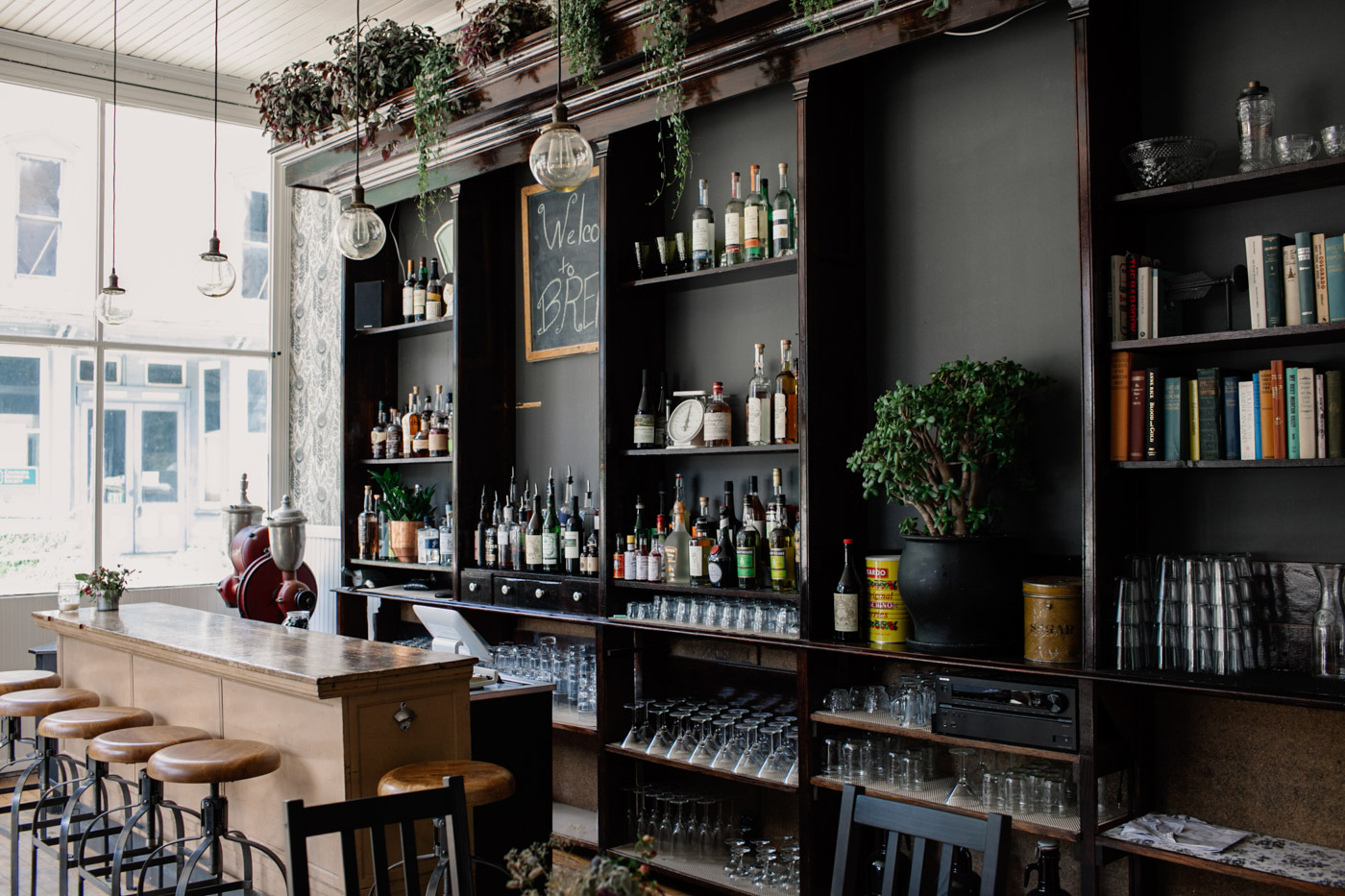
Later, when the bar—also a former mining supply store, then bakery, before becoming the artisanal bitters tasting room—went up for sale, we joked about it. None of us had ever owned a business like this. We came from myriad backgrounds: I’m a publicist and an MFA student, Berry owns a company that coordinates beer and food events, Fenberg is a state senator, and DuRay works for a Denver-based nonprofit.
Berry and I heard the building was on the market and started to get serious about what it would mean. At the same time, Fenberg and DuRay—two old friends from Boulder—had seen the listing and decided they were interested. We found out both groups were looking at the space, and promptly met for beers. The nuts and bolts of running a bar seemed overwhelming. Could all four of us go in on it together, splitting the work and the finances? How would we staff it? Could we learn how to bartend, and quickly? We all have day jobs; is this something we can realistically add to the mix? Beyond that, how would a passersby know to take a detour in a town that feels as if it’s frozen in a bygone era?
The idea—of buying this space, and running a bar—had become so much more than a pipe dream. We wanted to make it work, and we’d learn as we go. It took three months to complete the process: those first few weeks, we existed in a haze of excitement, tempered with disbelief. We were past the part where we made the decision to buy it, and into the more logistical stage of organizing finances and making a tally of the work we needed to do on the space—the essentials, like rebuilding the deck, fixing up the bathroom, and scraping the old wallpaper, yellow with years of sun and smoke and life. We partnered with the team at Denver bar The Way Back to craft a set of cocktails inspired by historical Silver Plume figures, like our Clifford Griffin, named for one of the earliest (and much beloved) town citizens. We were spending a lot of time in Silver Plume, driving back and forth from Denver and Boulder, where the four of us live. It wasn’t—and isn’t—always easy with four sets of opinions. But each of us found our natural place within the process, and those roles continue to be anchored by a shared devotion to the place.
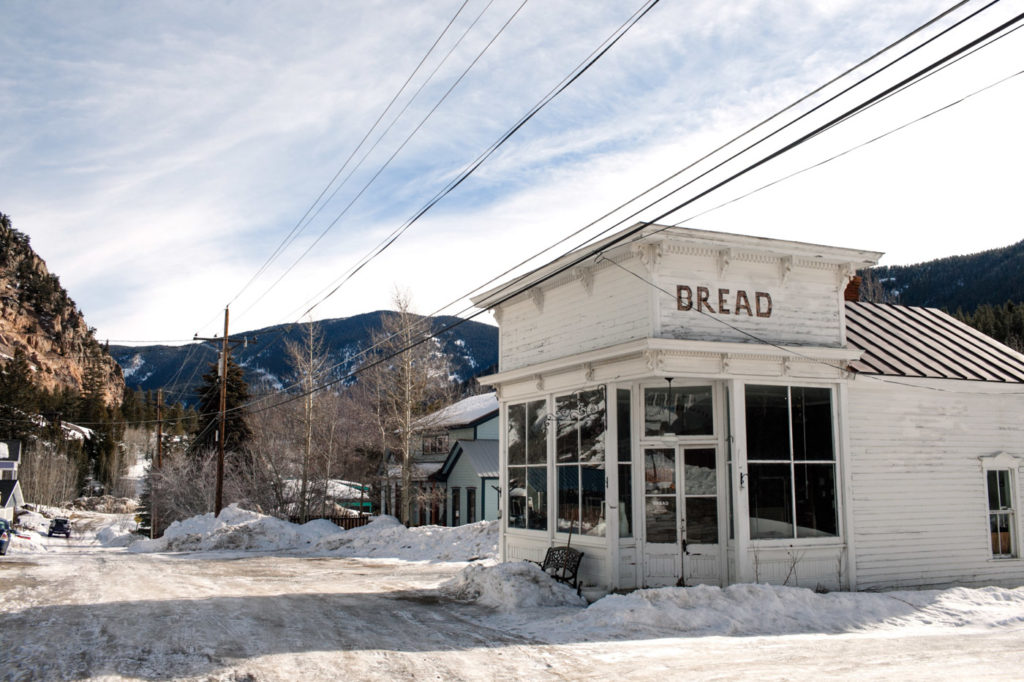
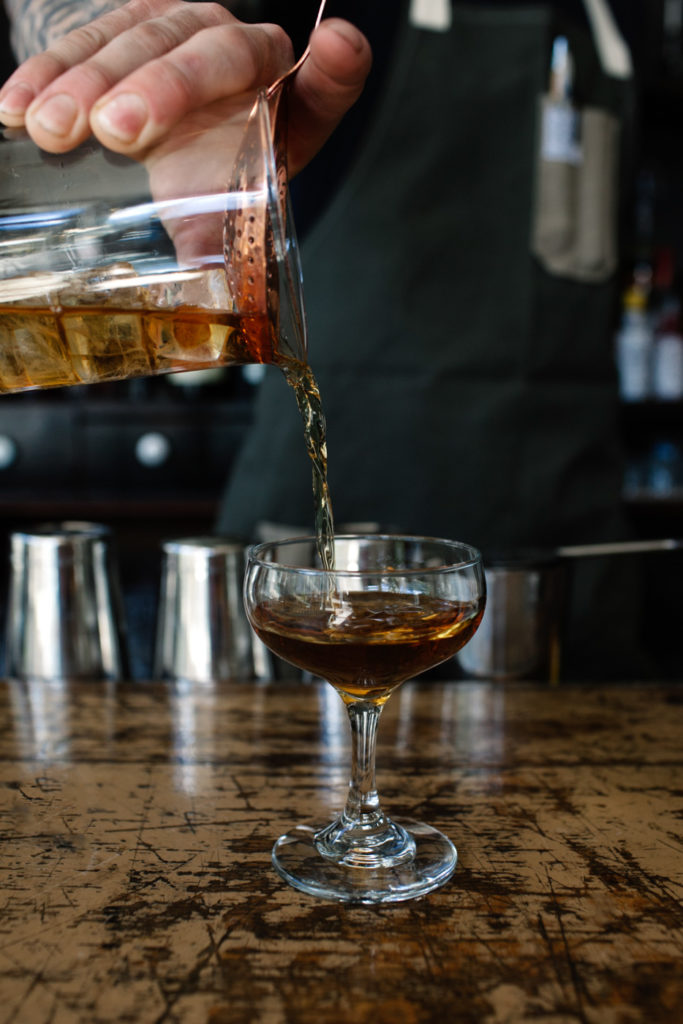
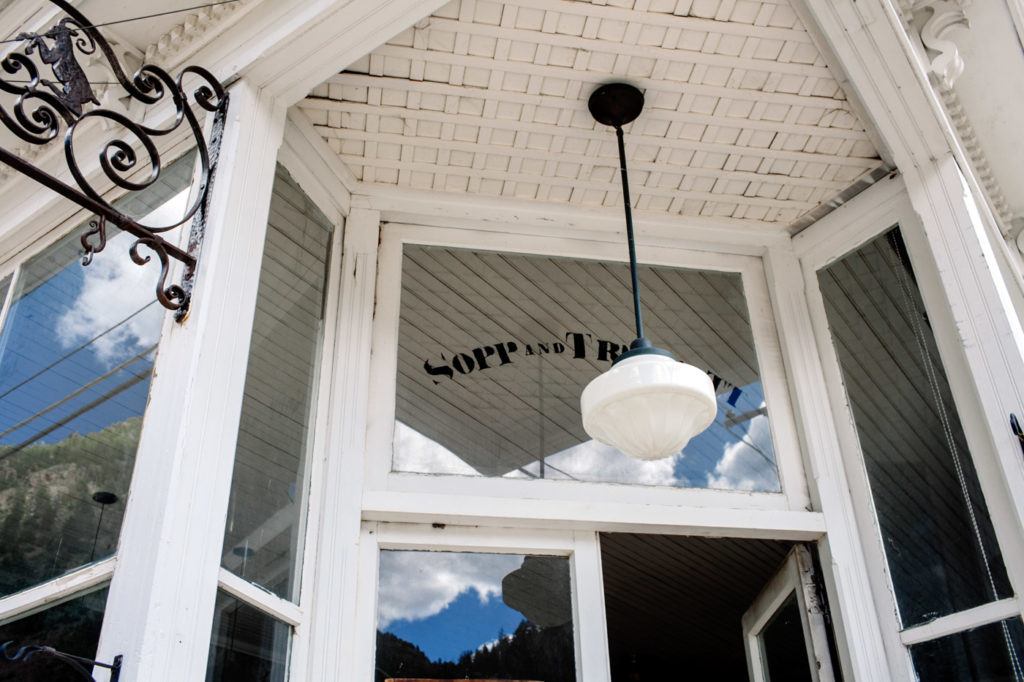
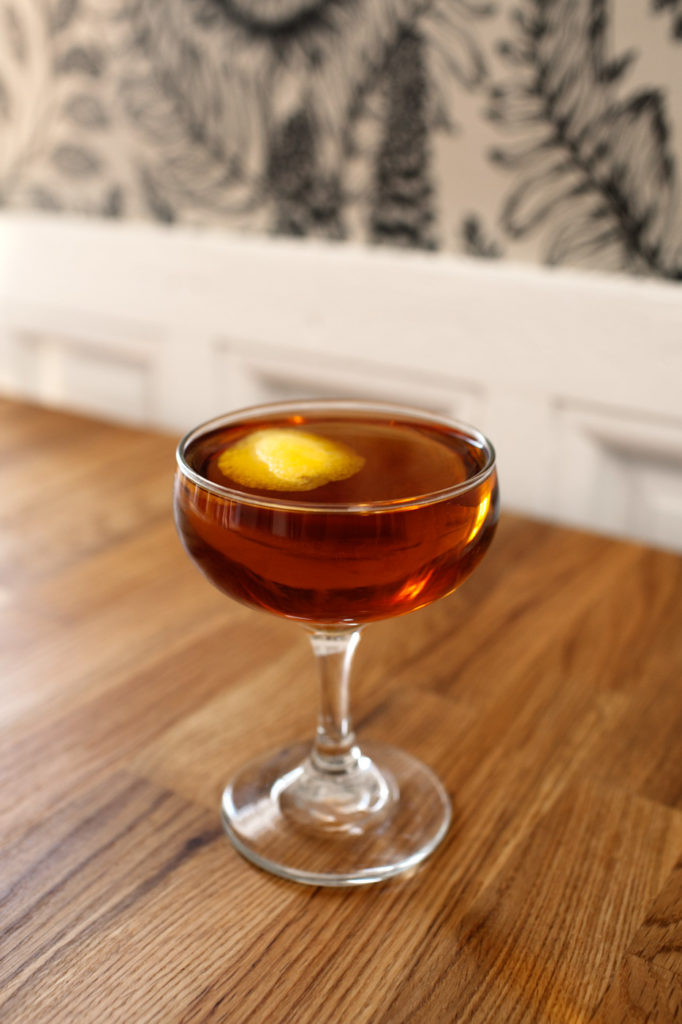
We worried over small changes, wondering if it would make the place feel, as one of our owners says, “overproduced.” Beyond a few changes, we wanted the live-in atmosphere—the magic of it—to remain intact. The same went for integrating ourselves into the community: it was important to all of us to approach it with a reverence toward the people who have lived there for years, without interrupting the balance of such a small town. After all, how would it seem, four people opening a business in a town they didn’t even reside in—city folk with precious notions of what it meant to be part of a place like Silver Plume? We felt though, that every town benefits from a social center or public gathering place, and a bar provides just that. The locals, people we now consider friends, can walk to Bread Bar for a single beer or an entire evening of company. That fluidity is part of the magic; it’s also an affirmation of our own sense of belonging with both people and place—that hopefully, we’re providing a space and a service that feels good to the community.
The answer to that early question—would people find us—is what continues to surprise us. People do find us there—dusty hikers in the summer, tired, wind-burned skiers in the winter, drivers traversing I-70 looking for a pit stop, curious passengers who see the neat rows of houses sheathed in gingerbread shingles. Almost every day we’re open, we get local loyalists to the former Sopp & Truscott bakery (one of the longtime former inhabitants of the space) still looking for a loaf of sourdough dill, even though the bakery itself has been out of commission for years.
We did indeed become bar owners, but more than that, keepers of a slice of time warp, deeply invested in the space and the town it exists in. We kept the name “Bread” as an ode to its bakery days, and also out of convenience: the two painted “Bread” signs, one stretching across the western side of the building, and the most distinctive across the back wall, are iconic and visible from the road. We wanted it to remain a cocktail bar, where curious roadtrippers who creep down Main Street would stop and stay awhile. It is an intimidating responsibility: to become part of the backstory, and to protect the natural character of a place we are wary of disturbing.
We’ve been open since July 2016, and every weekend we see the sense of refuge it brings to people— an unadulterated delight. It’s a return to something that they, like me, thought was long gone. Since we opened to the public, we watch people chance upon it every weekend. A piece of history alive and breathing.
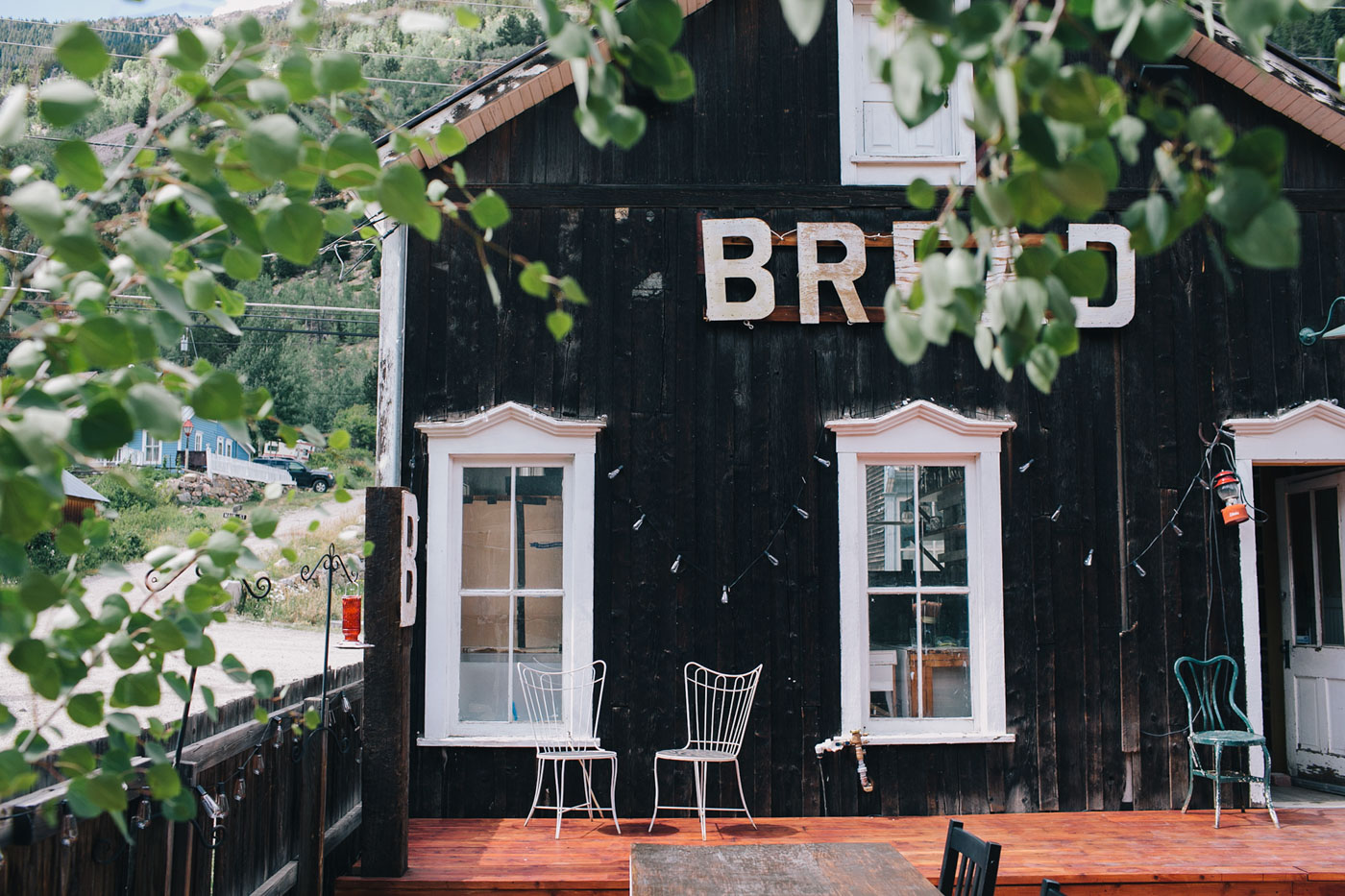
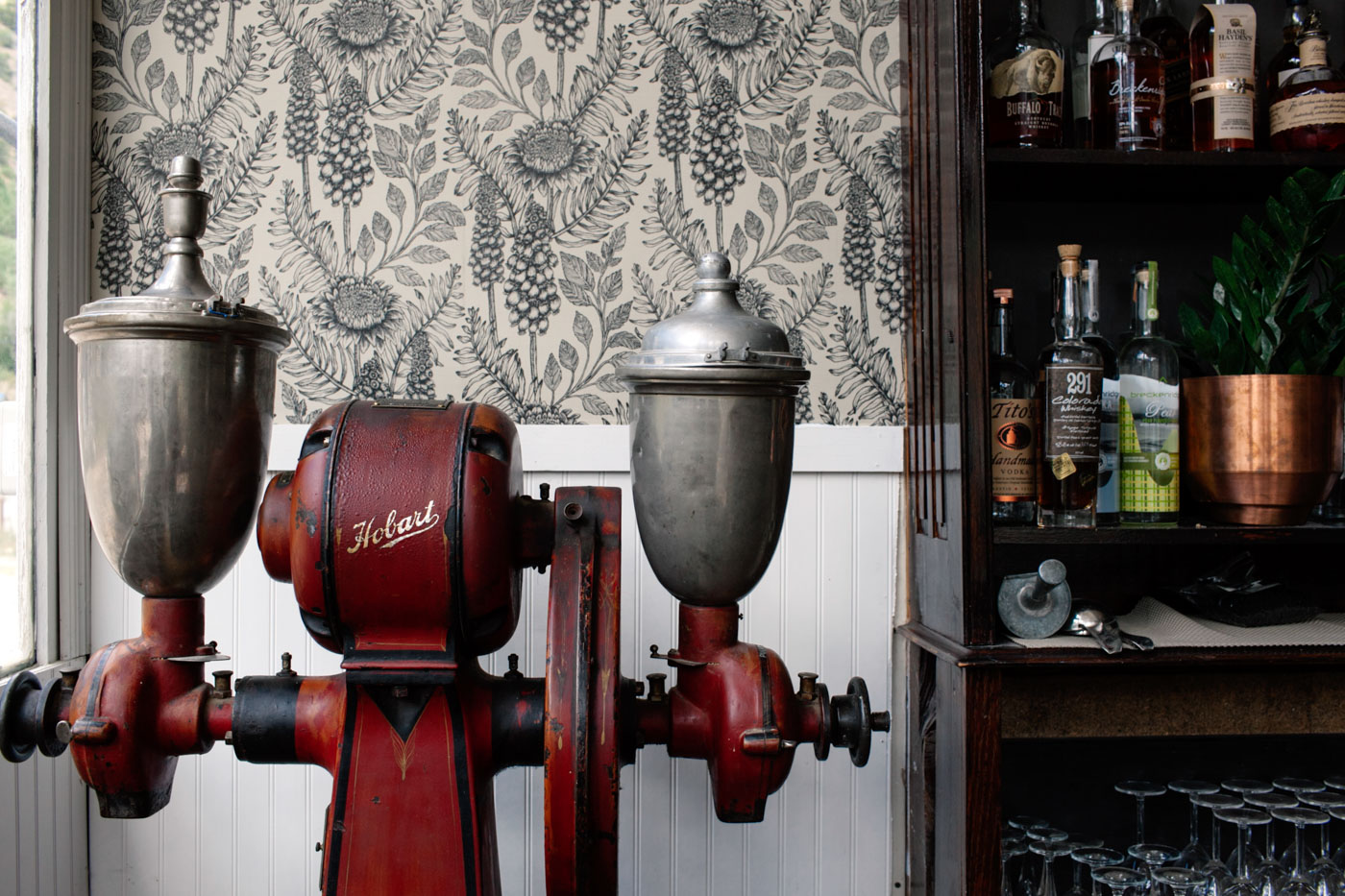
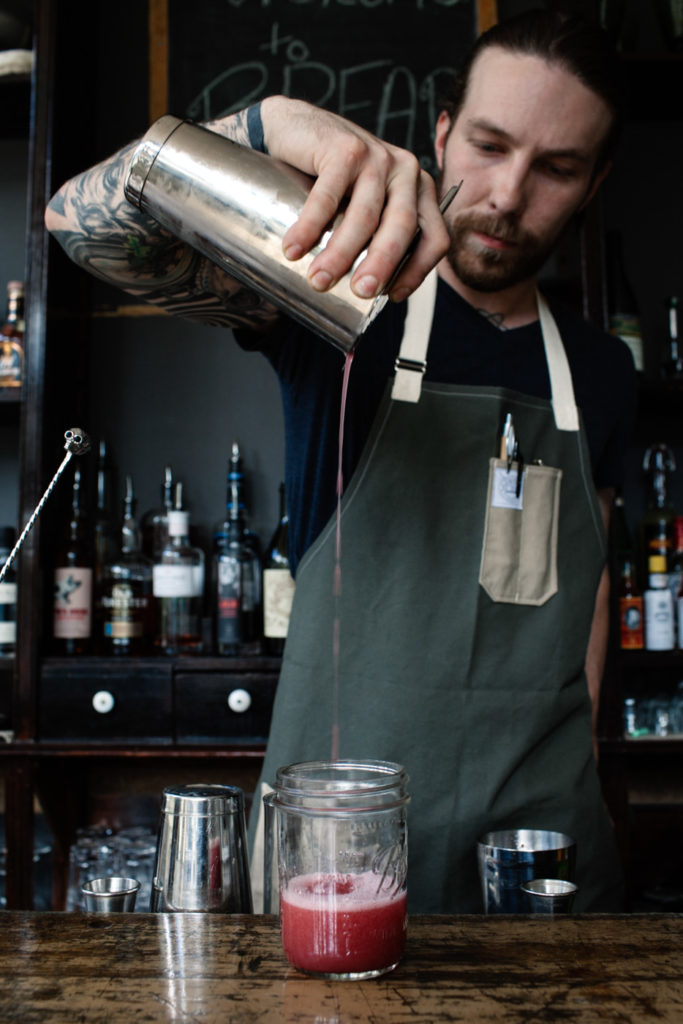
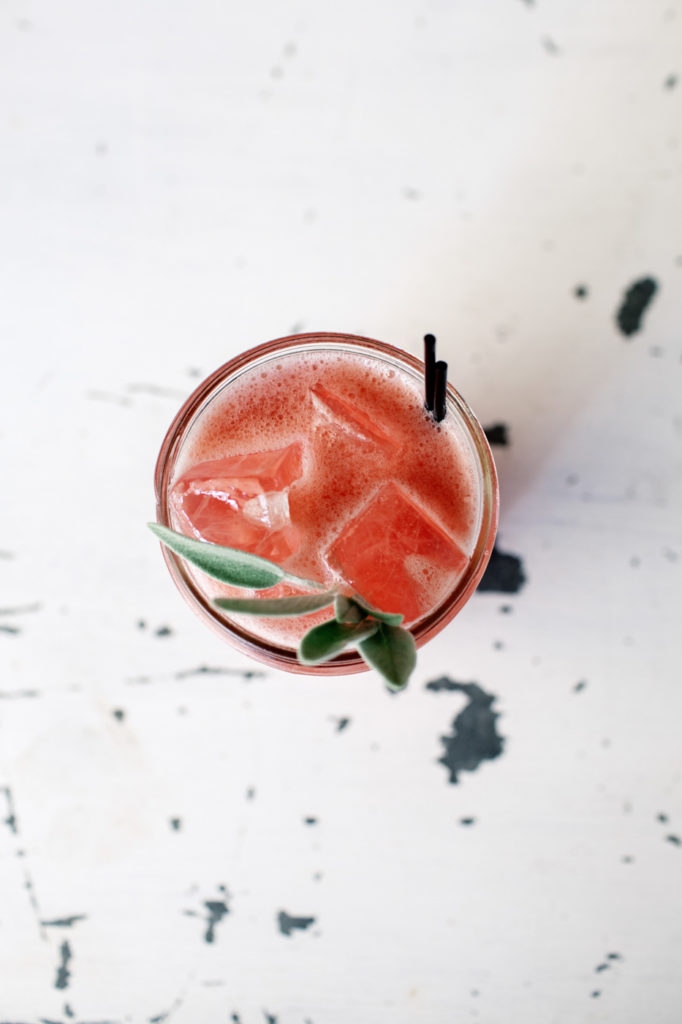
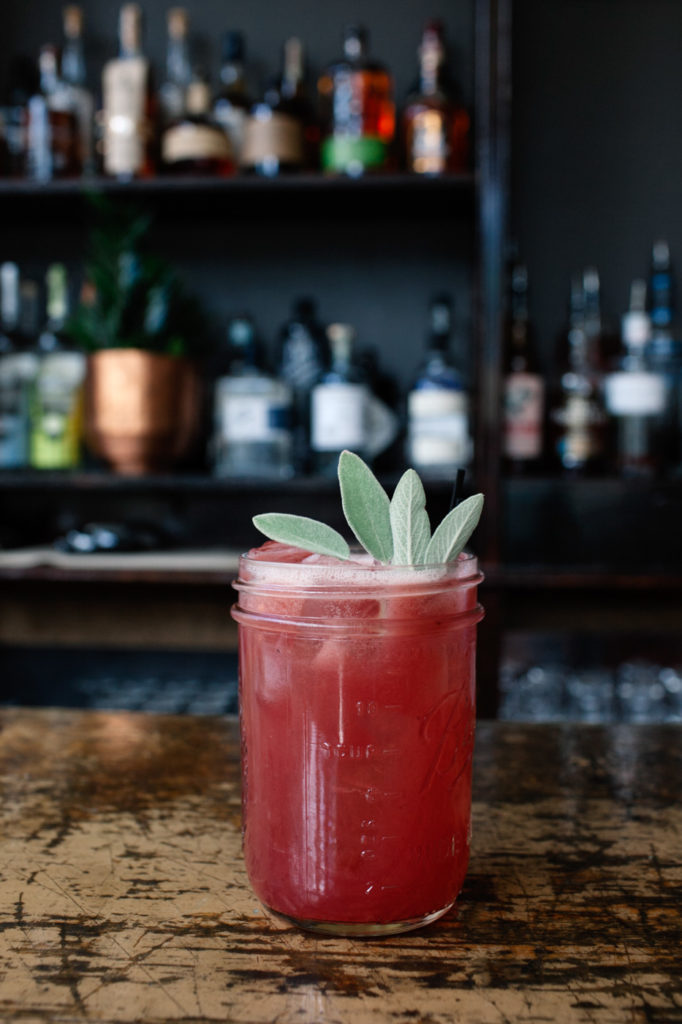
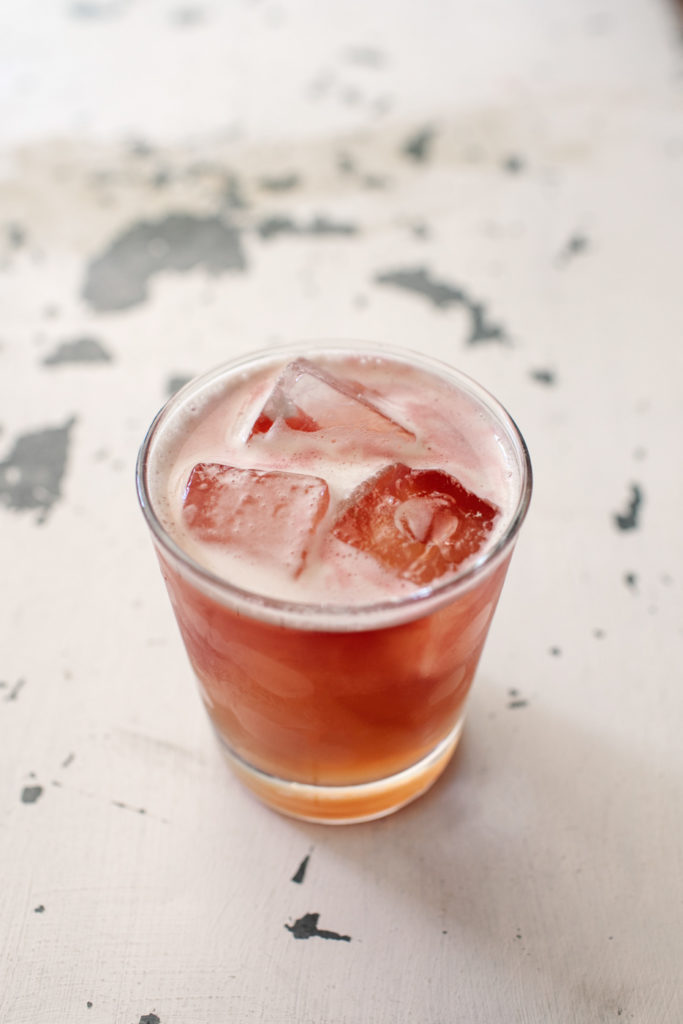
I love that bar. We all do. It’s like spending time inside a Wild West snow globe—inside, all is glowy, inviting, a little rough around the edges; at it’s core, it’s deeply welcoming. To me, there is no better time than the hour before opening with the ritual of turning the music up, lighting the candles, and getting the bar ready for guests. Then, there’s late at night when the locals are the only ones left, when we shoot the shit long after the “open” sign has been flipped. Something about being in that space, and taking care of it, brings out the best in all of us. It’s an escapist’s dream, but it’s also a setting for natural connection—with the people that live in Silver Plume, and the people who happen to stumble across it.





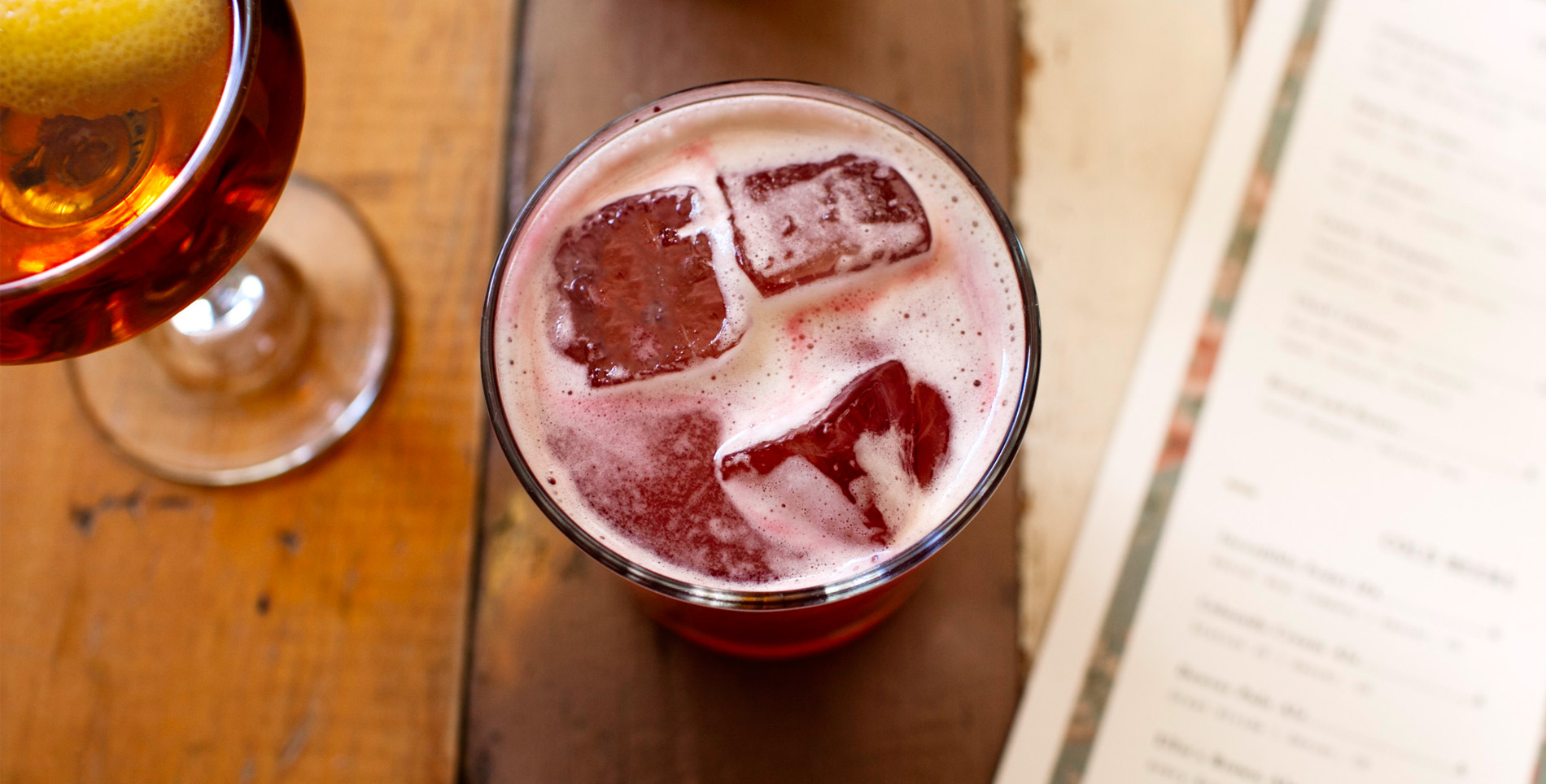

Our comments section is for members only.
Join today to gain exclusive access.